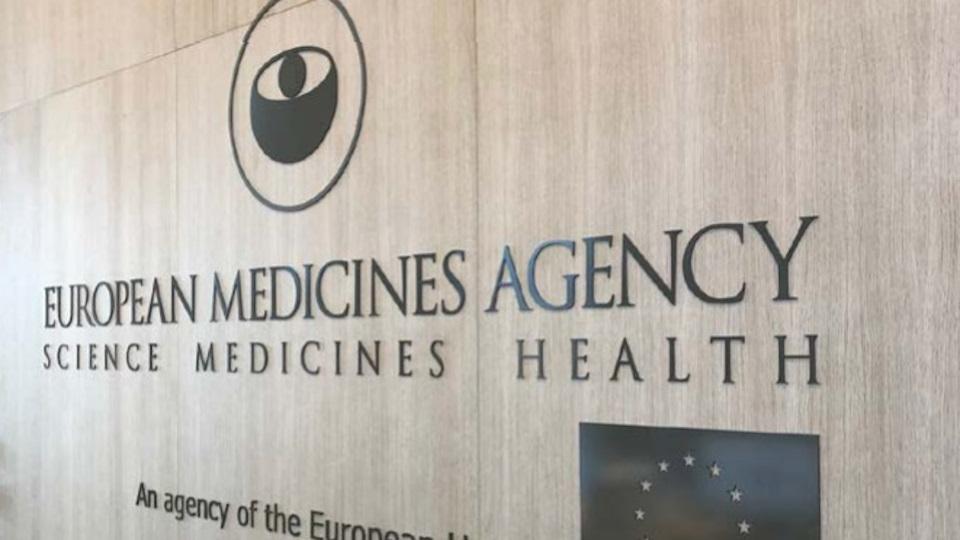CHMP backs Biogen’s Skyclarys for Friedreich’s ataxia

Biogen’s Skyclarys is on course to becoming the first approved medicine for the inherited neurological disease Friedreich’s ataxia (FA) in the EU after it was recommended by the EMA’s human medicines committee.
The CHMP has backed the drug as a treatment for FA in patients aged 16 years and older, a few months after Skyclarys (omaveloxolone) was approved by the FDA for the same indication, and shortly after Biogen acquired it as part of its $7.3 billion takeover of Reata Pharma.
The positive opinion sets up a likely approval by the European Commission in the first quarter of next year for the Nrf2 activator, which made its debut in the US with a $370,000-a-year price tag, which Jefferies analysts think could propel sales to $400 million in the US alone by the end of the decade.
FA is a debilitating disease that results in a range of symptoms that worsen over time, including difficulty walking, inability to coordinate movements, muscle weakness, speech problems, damage to the heart muscle, and diabetes.
Other positive recommendations by the CHMP notably include the first gene-editing therapy – Vertex Pharma/CRISPR Therapeutics' Casgevy (exagamglogene autotemcel or exa-cel) for beta thalassaemia and sickle cell disease, which has recently also been cleared in the UK and US.
The CHMP said the one-shot therapy has the potential to free patients from the burden of the two diseases and significantly improve their quality of life. Casgevy is the first drug to be licensed based on CRISPR, a gene-editing technique for which its discoverers won a Nobel Prize in 2020.
Also backed was Pfizer’s Velsipity (etrasimod), for the treatment of patients with moderate to severe ulcerative colitis, which was cleared in the US in October. The S1P inhibitor is the second drug in the class to be cleared for UC after Bristol-Myers Squibb’s Zeposia (ozanimod) – first approved in 2021 – which made $223 million in sales in the first nine months of 2023.
Pfizer acquired Velsipity as part of its $6.7 billion purchase of Arena Pharmaceuticals last year, and says the drug could have a best-in-class profile, with a higher rate of clinical remissions and better tolerability than BMS’ drug in clinical trials.
The CHMP also confirmed that the EMA will rescind the approval of GSK’s multiple myeloma drug Blenrep (belantamab mafodotin), after a request to look again at the data on the BCMA-targeted drug by its manufacturer.
An EMA scientific advisory group concluded that the data available to date does not support the view that the efficacy of Blenrep as a fifth-line treatment for relapsed or refractory multiple myeloma outweighs its risks. The European Commission will now complete the process of striking down the marketing approval.
GSK recently reported data from a new study that it reckons could see Blenrep rise again as a second-line treatment option.













